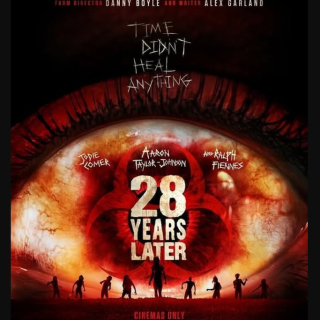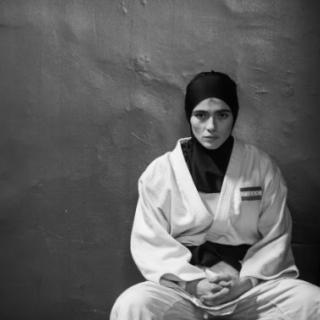Advertisement
In 1769, a British naval officer brings his daughter to live at the palatial home of his uncle and aunt, Lord and Lady Mansfield (Tom Wilkinson and Emily Watson). The couple are concerned that the girl’s presence will compromise the family’s reputation, as not only is the girl illegitimate, but her mother was black.
Nevertheless, they agree to take the girl in and raise her alongside her white cousin.
Though England was then the center of the world slave trade, Belle’s opening suggests that its titular heroine—whose full name is Dido Elizabeth Belle Lindsay (Gugu Mbatha-Raw)—will be sheltered from society’s racist attitudes and abuses. As the story skips forward to her emergence as a young woman, however, we learn that’s not the case.
Lord and Lady Mansfield clearly love Dido, but a double standard emerges when she and her cousin, Elizabeth (Sarah Gadon), are old enough to seek a husband. Elizabeth is encouraged, but Dido is warned that no family of an appropriate societal rank is likely to want her. When a pair of eligible men and their parents are invited to the house, she’s not even permitted to dine at the family table.
Despite this handicap, Dido still manages to catch the aristocratic eye of Oliver Ashford (James Norton), who finds her “rare and exotic.” Then again, is it possible he’s equally attracted by the sizable dowry she’s inherited from her father?
Directed by Amma Asante from a script by Misan Sagay, Belle sometimes comes off as a Jane Austen tale that happens to have a dark-skinned heroine. It’s gorgeous, as these period films tend to be, and it leads Dido into a romantic quandary: Should she end up with Oliver or with John Davinier (Sam Reid), a clergyman’s son who is active in the abolitionist movement?
What sets Belle apart from other costume dramas is its connection to British history. It’s based on an actual woman, and it unfolds as the courts are considering a momentous case. A slave ship has completed its journey after dumping its human “cargo” at sea, allegedly because it had run out of drinking water. Rather than facing murder charges, its owners are claiming a business loss, and they want their insurers to reimburse them.
As Britain’s chief justice, Lord Mansfield is charged with rendering a verdict in the case, which becomes a source of conflict between him and Dido.
Belle is blessed with a literate dialogue and a cast that knows how to deliver it—especially Mbatha-Raw (of TV’s short-lived Undercovers), who plays Dido with dignity and conviction. The film briefly loses its footing about two-thirds of the way through, lunging this way and that as if it can’t decide whether to focus on Dido’s romantic longings or society’s inequities. Mostly, though, it combines the two threads in a graceful manner.
That’s not to say it’s always believable, as the plot developments sometimes seem a tad too convenient. But it’s always compelling, especially since we know its unique heroine actually existed.
Rating: 3½ stars (out of 5)
Belle, rated PG, opens Friday (May 23) at the Lennox and Drexel theaters.



